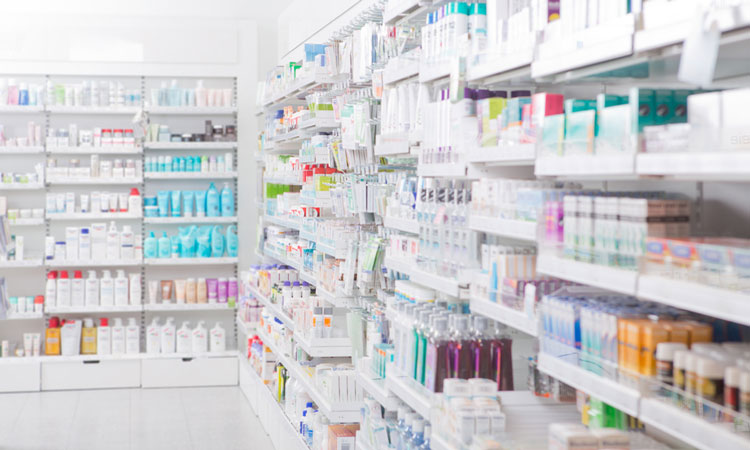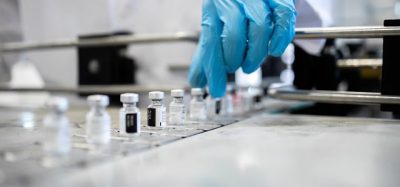Following FMD rulings using a ‘pragmatic’ approach
Posted: 11 February 2019 | Iqra Farooq (European Pharmaceutical Review) | No comments yet
The falsified medicines directive (FMD) has finally kicked in, but how will the UK supply chain be affected, and how will pharmacies and hospitals cope?


The falsification of medicines has remained a serious threat to public health in the EU, and around the world, for too long. As of this weekend, the new rules set out on safety features for prescription medicines that are sold in the EU will apply.
The MHRA, in its latest guidance advised UK pharmacies to ensure the supply of medications is not hindered in any way, and that it take a ‘pragmatic, flexible approach’ on the enforcement of the rulings – as long as ordinary checks have been carried out.
The pharmaceutical industry will now have to affix a 2D barcode and an anti-tampering device on boxes of prescription medicines. The pharmacies – including online pharmacies, and hospitals, will have to check the authenticity of medicines before dispensing to patients. This is the final step in the implementation of the Falsified Medicines Directive, the legislation that was adopted in 2011, aiming at guaranteeing the safety and quality of medicines sold in the EU.
“On 9 February 2019, we…reach yet another milestone for patients’ safety across the EU. Almost 7 years after its adoption, the implementation of the Falsified Medicines Directive will be complete thanks to the introduction of end-to-end verification and safety features on prescription medicines. In other words, every pharmacy or hospital in the EU will be required to have a system that will make the detection of falsified medicines easier and more efficient. While some more work will need to be done after the launch of the system to make sure that the new system functions properly across the EU, I am positive that we are providing another safety net for citizens to protect them from the dangers of unauthorised, ineffective or dangerous medicines”, said the Commissioner for Health and Food Safety, Vytenis Andriukaitis.
“Since the beginning of my mandate, I have been encouraging national ministers to monitor the implementation of this new system and help all stakeholders prepare for the new rules that prevent falsified medicines ending up in the hands of patients. In the coming weeks and months, the new system will be monitored to make sure that it functions properly. Still, I am eagerly anticipating (the) launch given that, on the eve of the European elections, it is yet another example of the added value of EU cooperation,” he added.
The directive mentions that medicines produced before Saturday 9 February 2019 without safety features may also remain on the market until their expiry date. But the new end-to-end verification system will require authorised persons (and in particular pharmacists and hospitals) to verify, throughout the supply chain, the authenticity of the products. The new system will allow Member States to better trace individual medicines, in particular if a concern is raised for one of them.
“We recognise that not all pharmacies will be meeting the legal obligations of FMD straight away. We intend to take a pragmatic and proportionate approach to the implementation of the new safety features,” said Duncan Rudkin, Chief Executive of the General Pharmaceutical Council in a statement.
“When inspecting a pharmacy, our inspectors would consider all of the relevant evidence, including whether the pharmacy had a clear plan in place to meet all of the requirements of FMD, before deciding whether or not the relevant standard had been met,” Rudkin added.
With the Brexit date looming, the future of this system in the UK depends upon the deal (or no deal) that the UK leaves the EU with.
Related topics
Analytical techniques, Drug Development, Manufacturing, QA/QC, Regulation & Legislation, Research & Development (R&D)









